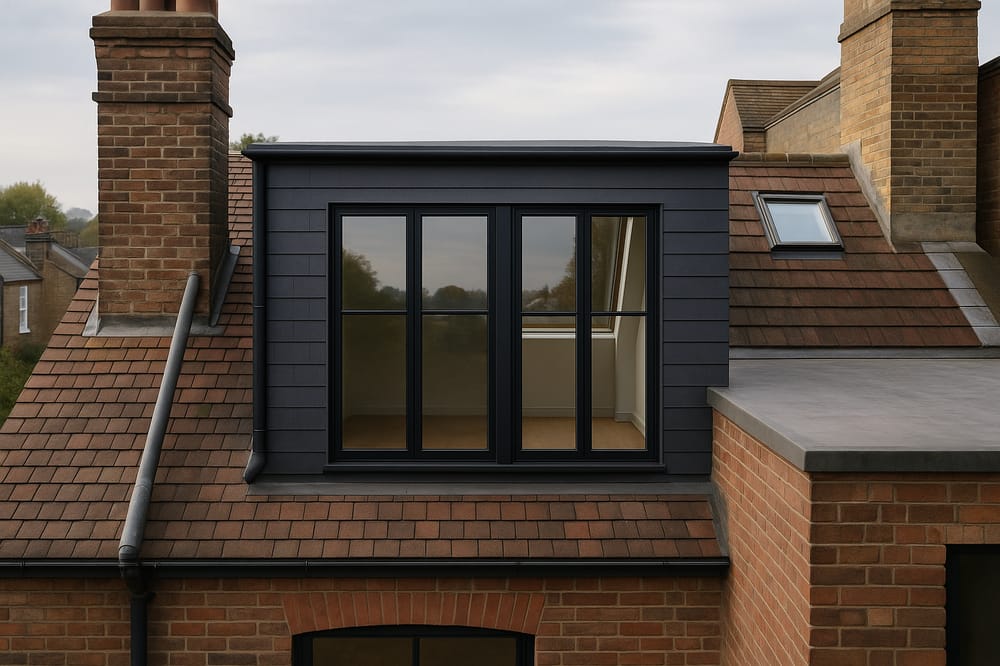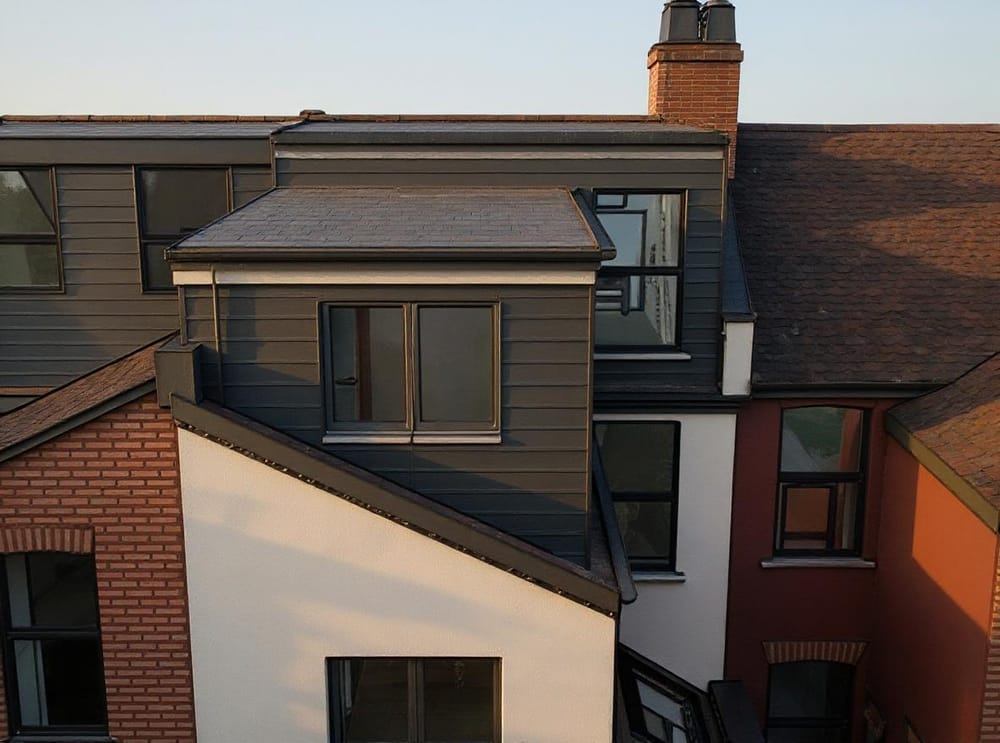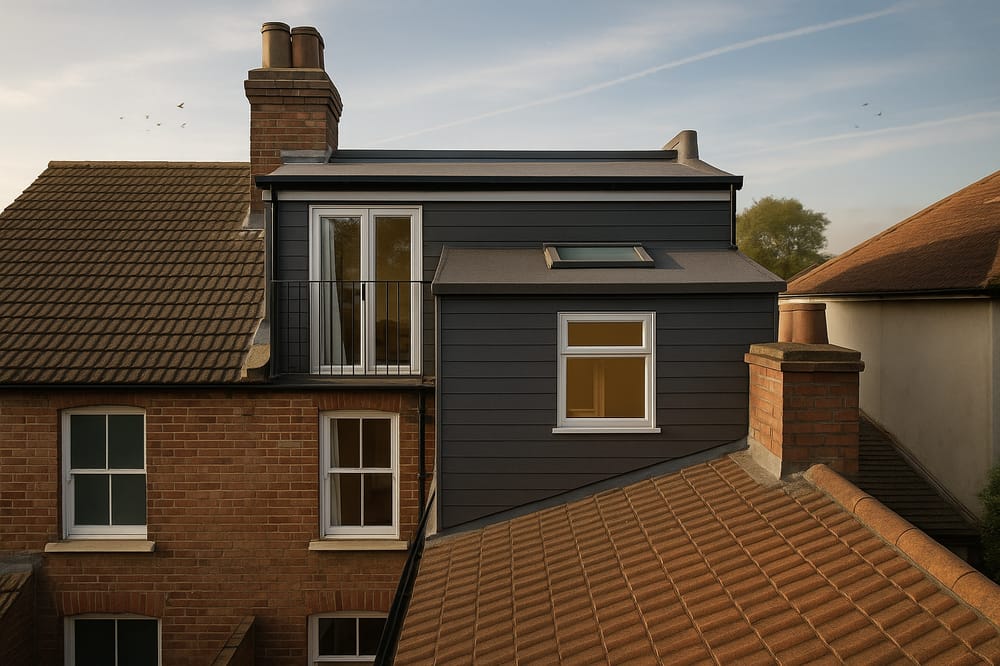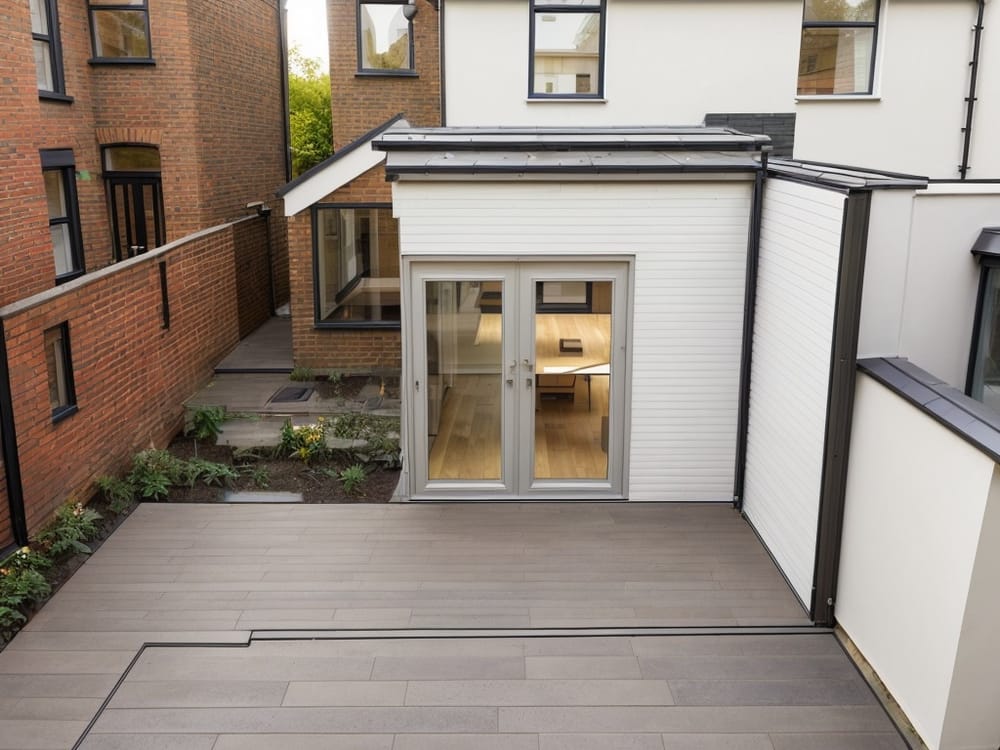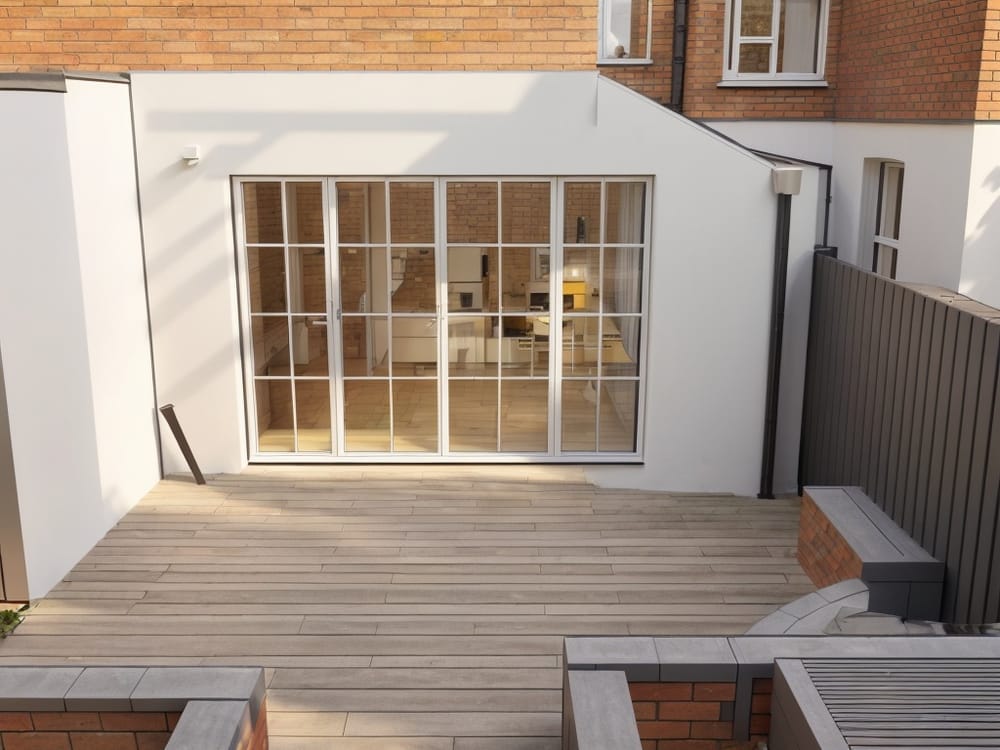We are all feeling the full brunt of rising energy prices at the moment. Your energy bill has soared and you are probably wondering how to reduce it.
In this article, we have put together a list of all the energy efficiency grants available for homeowners in the UK to help you reduce your bills. We also give you details on how you can apply for them.
1. UK Government energy efficiency grants Boiler Upgrade Scheme
The Boiler Upgrade Scheme gives subsidies to those who install a low-carbon heating system instead of gas or fuel oil heating. To benefit, you need to ensure that the installer you choose is enrolled in the programme and they will take care of the paperwork for you. Eligible applicants will receive grants of up to £6,000 for the cost of the installation project.
The scheme is not available for new-build properties with the exception of ‘self-builds’ that have been built mainly with the labour or resources of the owner. Grants are not available for social housing or for properties that have already received funding for a heat pump or biomass boiler.
2. The Feed-in Tariffs (FIT) scheme
Feed-in tariffs (FIT) were developed by the government to support installations that generate low-carbon, renewable energy (solar, wind, hydro power…). Once accredited, your facility received payment based on a number of factors.
Unfortunately, this scheme is now closed for new applicants. But there are some exceptions, you will find more information here.
3. The Smart Export Guarantee (SEG)
The SEG is a government-backed initiative that was launched on January 1, 2020, to replace the FIT. The SEG asks selected electricity providers (SEG Licensees) to pay small-scale generators (SEG Generators) for low-carbon electricity which they send back to the National Grid, provided certain criteria are met.
Any generator that possesses one of those kinds of technology (solar photovoltaic (solar PV, wind, micro combined heat and power, hydro, anaerobic digestion) can take advantage of SEG, up to a capacity of 5 MW, or up to 50 kW for micro-cogeneration.
Visit this page if you wish to apply.
4. The Warm Home Discount scheme
This scheme can help you get an annual discount of £140 on your electricity bills. It is designed for those struggling to meet their winter energy costs. Rishi Sunak has announced plans to increase this grant from £140 to £150, allowing three million households to benefit from the discount as from October 2022.
5. The Winter Fuel Support scheme
If you were born on or before the 26th of September 1955, you are likely to be eligible for Winter Fuel Payments of between £100 and £300. Those payments are intended to help you pay for your gas or electric heating in winter. They are tax-free and also known as the Winter Fuel Allowance.
It has been announced recently that eight million pensioner households who currently receive the Winter Fuel Payment will receive an extra £100 to £300 depending on their age and circumstances starting this autumn.
6. Cold Weather Payment
Cold Weather Payments are paid to households receiving eligible benefits. They help pay for extra heating costs in very cold weather. To get a cold weather payment, the average outside temperature where you live must be recorded or forecast at 0°C or below for seven consecutive days. You can check if your area is due a payment in November 2022 here.
If you are eligible, you will receive £25 for each seven day period with these temperatures between November 1st and March 31st . This amount will be paid to the same bank account that receives your usual benefits, within 14 days of the cold snap.
7. Child Winter Heating Assistant
Child Winter Heating Assistance is a Scottish Government benefit that was first introduced in 2020. It was created to help disabled children and young people and their families cope with increased heating costs during the winter. It is paid once a year. The payment for the winter of 2022-2023 is £214.10.
Check if you are eligible here.
8. Energy Company Obligation
The Energy Company Obligation (ECO) is a UK government energy efficiency scheme designed to address fuel poverty and help lower carbon emissions. Under ECO, medium and larger energy providers fund the implementation of energy efficiency measures in British households.
Each supplier in the scheme has an overall target based on its share of the domestic energy market. The energy suppliers are associated with installers to help households adopt efficiency measures, such as loft or wall insulation, or heating measures.
9. Insulation grants
Insulation can both help keep your home cozy and reduce your energy bills. As insulation works can be quite expensive, we strongly advise you to find out whether you are eligible for a grant to help you bear the cost of insulating your home. Here’s an idea of the amounts you could get:
- Loft insulation (270mm): between £135 and £250 a year
- Floor insulation: between £30 and £75 a year
- Cavity wall insulation: between £85 and £280 a year
10. Green Deal
The Green Deal is designed to help you improve your home’s energy efficiency and find ways to pay for energy-saving renovation works. This could take the form of a loan, and you would need to speak to an assessor to get it.
Here are a few examples of energy-saving improvements you could fund with the Green Deal:
- Improving insulation, with a solid wall, a cavity wall or loft insulation
- Changing your heating system
- Draught-proofing
- Installing double glazing
- Renewable energy generation, such as solar panels or heat pumps
11. Nest in Wales
As well as lots of informative advice on home energy improvements, the Nest scheme could also provide you with a package of free home energy efficiency upgrades such as a new boiler, central heating, insulation, or solar panels. To be eligible, you need to fulfill one of the following conditions:
- You are a homeowner or rent from a private landlord
- Your home is difficult and expensive to heat
- You or someone you live with receives benefits or has a health condition
Find out more on the Nest website.
12. HEEPS in Scotland
HEEPS (Home Energy Efficiency Programmes for Scotland) is made up of three different parts: Warmer Homes Scotland, area-based schemes and loans.
Warmer Homes Scotland helps homeowners and tenants afford insulation to help them reduce energy consumption and lower fuel bills. The scheme can provide full wall insulation, loft insulation, draught-proofing and new central heating systems.
To be eligible, you need to have lived in your home for at least 12 months and it needs to be your main place of residence. You also should either be over 75 and have no working heating system or over 16 and receive income-related or passport benefits.
The area-based schemes give funds to local authorities to develop and deliver energy efficiency programmes (mostly solid wall insulation works) in areas with high levels of fuel poverty.
The loan part of HEEPs is designed to help private sector landlords and owner occupiers fund new boilers, insulation and double glazing. Loans can go up to £15,000 and are interest free.
Grants from energy suppliers
Many energy companies offer programmes and subsidies to help pay for heating and utilities in your home. Some are open to everyone - you don't even have to be a customer. Contact your supplier to find out what they can offer.
Citizens Advice provides a list of the grants available from some of the leading providers.
You can also ask to be included in the Supplier's Priority Services Register. This is a free energy support service for those that are struggling to pay their bills.
Your energy supplier can help you with tasks like reading your energy meter, moving your energy meter free of charge or even getting your bills sent or copied to someone else. Find out more about eligibility conditions here.
How much money could you save through energy efficiency measures?
There are many ways you can save energy - and money! - in your home. For instance, draught proofing and fitting energy-saving light bulbs are affordable options and easy to implement too. Other possibilities like loft insulation and cavity wall insulation are relatively straightforward works and will lead to big savings. Solid wall insulation is a big investment but will lead to long-term savings.
You will find below the estimated savings you can make each year with different kinds of insulation works:
|
Semi-detached house |
Detached house |
Mid-terrace house |
Bungalow |
Mid-floor flat |
| Cavity wall insulation |
£155 |
£255 |
£95 |
£105 |
£75 |
| Loft insulation (0-270mm) |
£135 |
£315 |
£125 |
£195 |
N/A |
| Draught proofing |
£25 |
£25 |
£25 |
£25 |
£25 |
| Floor insulation |
£40 |
£70 |
£30 |
£55 |
N/A |
| Solid wall insulation |
£210 |
£350 |
£130 |
£140 |
£105 |
Source: Figures from the Energy Saving Trust for England, Scotland and Wales and based on a gas heated home. September 2021.
Make a comparison between these annual savings and your installation costs to find out how long your insulation will pay for itself.
To sum it up
The recent surge in energy prices is tough on everyone. Luckily, there are options if you are struggling with the rise in prices. Government and energy suppliers are working hand in hand to provide you with various and specific energy grants in order to reduce your energy bills. Resi’s experts are also at your disposal to help you reduce the energy costs of your home.

